At its core, the role of a Private Investigator is to find information that might not otherwise come to light. Its more than likely that this information might only benefit one particular party and that the other might not want the information to be discovered. This particular role means there are certain considerations to be made meaning private investigators have to navigate a minefield of ethical and moral responsibilities.
A private investigator is the same as any other citizen – the PI license and certification does not protect the investigator from legal ramifications, nor does it grant any special privileges allowing them to behave however they wish. Being PI is not the same as being a police investigator, therefore a PI should not act as such. An investigator should not be privy to information that would benefit them personally, or that would be of more use to them than it would to the police.
There are many considerations to be made when embarking on any PI case. I make it a point to question all moral and ethical concerns before I accept. If I get the sense that something is not right, I will not take the case. In some circumstances I may report to the UKPIN so my fellow private investigators will be aware.
Motive
I like to really understand the motives behind the investigation. I need to be certain that this client will not use the information to exploit the subject, or whether there are illegal gains to be made by any party. If I thought that any information I had found would pose a risk to someone, then I would warn the person and/or police of my findings and pass over the relevant information.
Understanding motive is an important step, not only to remove any ethical concerns, but it can help guide the investigation.
Method
My investigations will only involve ethical, legal methods. If a client expects unseemly tactics or can only achieve results with illegal activity, I will dissuade them and suggest the correct alternatives.
Many private investigating firms use a tactic called honey trapping. Honey trapping is an investigative method where a person seduces the subject to manipulate for gain or to create proof of infidelity. Honey trapping investigators are often hired by spouses and partners who have an inkling of illicit behaviour and seek evidence. While this is perfectly legal, and some might argue that it is shouldn’t be considered unethical, it is not a method I would ever use. I prefer natural evidence of cold-hard facts and photographic proof.
Entrapment involves convincing or coercing the subject to do something illegal, and using it as evidence. This practice itself is illegal and should not be conducted under any circumstances. Along the same line is ‘roping’, where the investigator pretends to be involved in criminal or illicit activity to coerce the subject into partaking.
Trespassing, wiretapping and recording conversations are also unethical methods I will not use.
My personal rules
Aside from ensuring my investigations are morally sound and ethics, I have two rules which I always follow:
Don’t to be so driven towards results, that I compromise my own integrity.
Meaning, I would never use unethical tactics to gain results – if I cannot legitimately find the answers then I will just have to accept that, try something else, or report to my client that the answers are unachievable (which is rare!)
Never ever give false hope to someone in order to secure a paid client
If upon meeting the client, I feel the case will not result in the way they are expecting, I will discuss this with them. I would never say a definitive yes to a client just to gain the booking.
Integrity and having morals is important in any profession, but as a private investigator has to delve into other people’s lives and find out information that some might rather remain secret, it’s incredibly important to use the information responsibly.
